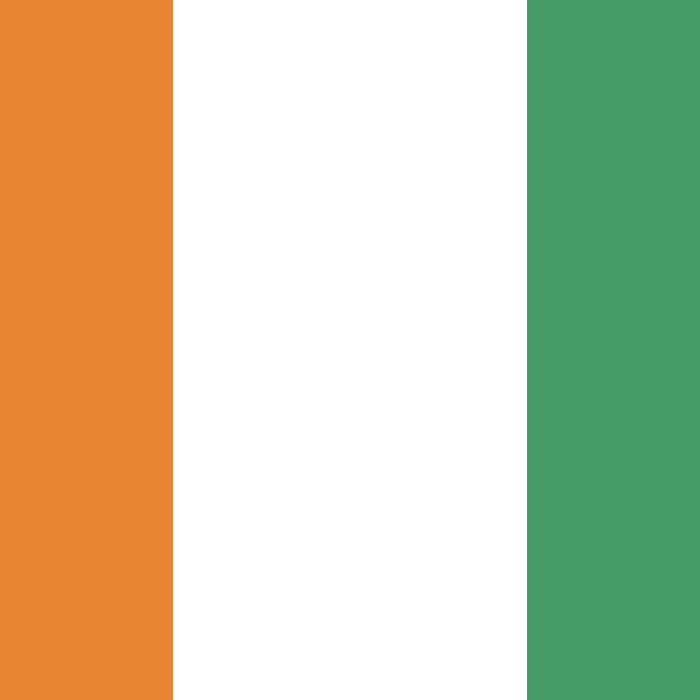Ivory Coast Mining Boom Braces for Election Turmoil


Quidah is an online platform that connects investors with curated opportunities and expert insights on Africa’s emerging markets, while offering businesses promotional services, partnership facilitation, and market intelligence to attract capital and grow their operations.
Industries
Companies stockpile supplies and move staff as Ouattara seeks a fourth term.
Ivory Coast’s fast-growing mining sector is preparing for possible disruption ahead of Saturday’s presidential election, with President Alassane Ouattara running for a fourth term and leading opposition figures excluded from the ballot. Mining has become central to the diversification of the world’s top cocoa producer, with gold output rising from about 10 metric tons in 2012 to more than 58 tons in 2024 and a target of 100 tons by 2030. Tensions and a history of election-related violence have prompted firms to activate contingency plans.
Pre-election demonstrations have flared in several locations this month. Police said one person was killed on October 14 after being struck by a projectile during opposition protests in which hundreds were arrested. The backdrop recalls the country’s violent electoral episodes, including the 2010–2011 conflict that killed over 3,000 people and clashes around the 2020 vote that left at least 85 dead.
Mining firms are stockpiling fuel, cyanide, caustic soda, and explosives, and relocating staff closer to mine sites to protect operations, according to multiple industry sources. Supplies are being positioned at northern hubs such as Korhogo and Odienné, with off-site reserves under negotiation. A senior industry source said, “Contingency measures are being scaled up as visibility worsens.” Ivory Coast has emerged as a relative haven for mining investment amid rising insecurity and regulatory crackdowns across the Sahel. The country has attracted major operators including Barrick, Perseus, Endeavour, Fortuna, and Montage, while newcomers such as Resolute and Zhaojin-owned Tietto secured permits this year for gold, lithium, copper, and cobalt. That momentum will be tested by the vote and its aftermath.
The political field has narrowed after former President Laurent Gbagbo and former Credit Suisse CEO Tidjane Thiam were excluded from Saturday’s election. “We’re not saying the country is unsafe, but we’ve seen this before—same cause, same consequences,” the senior source added. The mines ministry and the Professional Group of Miners of Côte d’Ivoire did not respond to requests for comment.
Market reaction remains measured. Tiffany Wognaih of consulting firm J.S. Held noted “a slight pause in deal scoping ahead of the vote, but no capital flight or repricing of risk,” adding that “Ivory Coast remains a stable anchor in Francophone West Africa.” Mike Kruiniger of Fitch BMI said emergency measures are prudent, as unrest has previously reached mining zones.
BUSINES & INVESTMENT ANALYSIS
For investors, the near-term risk centers on logistics and workforce mobility rather than asset integrity, given firms’ stockpiling and staff repositioning. The lack of broad risk repricing suggests confidence in institutional resilience and the sector’s fundamentals, particularly as diversified metals—lithium, copper, cobalt—gain strategic importance. Opportunities may arise for local logistics, security, and storage providers supporting contingency operations, while operators with robust supply chains could consolidate advantage if disruptions are brief. A prolonged post-election dispute, however, could delay project timelines and exploration campaigns, tempering the pace toward the 2030 gold output target.
Saturday’s vote will test whether Ivory Coast can sustain mining growth through political uncertainty. Companies are preparing to keep operations running, while investors watch for signs of escalation or rapid normalization. As J.S. Held’s Wognaih put it, “Ivory Coast remains a stable anchor in Francophone West Africa,” a view that will be validated or challenged in the coming days.


